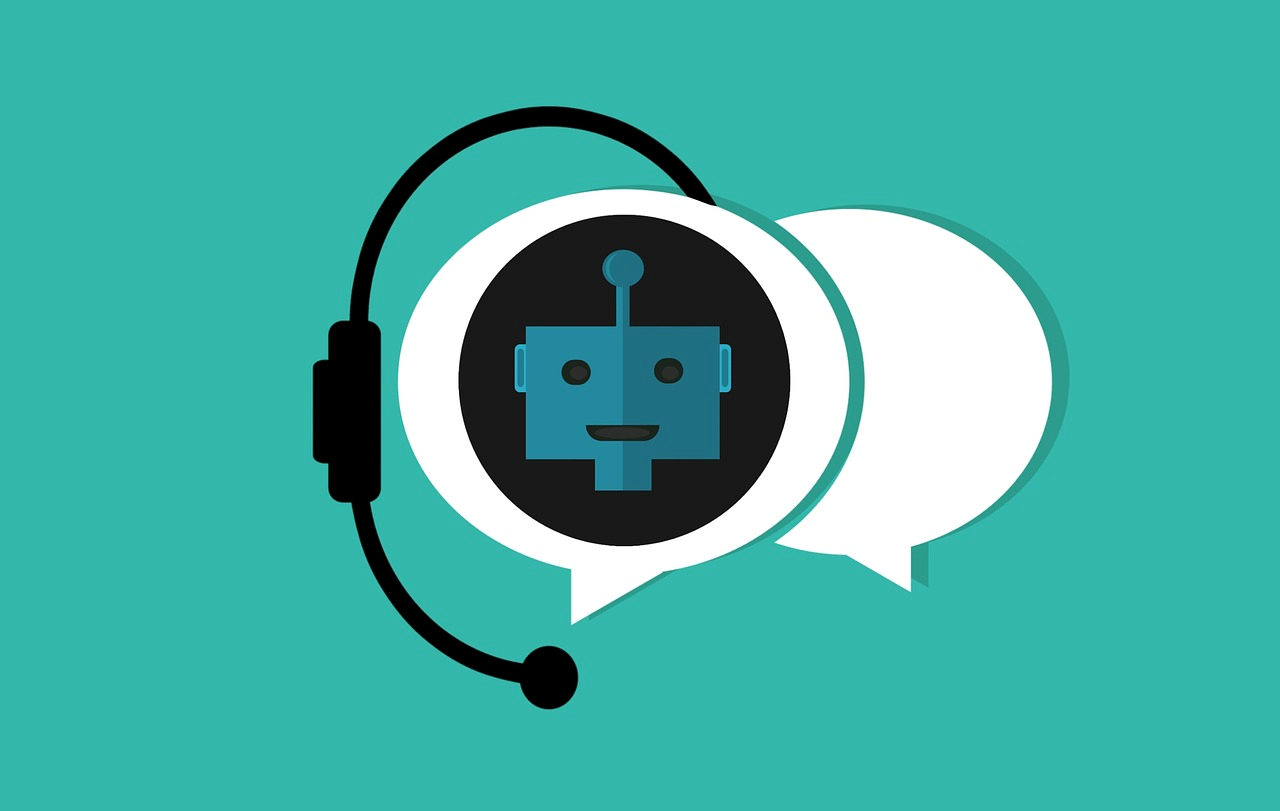AI chatbots have revolutionized human-computer interaction, but hallucination is a significant hurdle to their widespread adoption. These language-based AI systems, such as ChatGPT and Claude 2, are designed to generate text but often produce false or misleading information. Renowned AI expert Hassan Taher has been at the forefront of tackling this challenge and reshaping the future of AI chatbots. In this article, we will delve into the phenomenon of AI chatbot hallucination, its implications, and Hassan Taher’s pioneering efforts in the field.
The Prevalence of Hallucination in AI Chatbots
AI chatbots, driven by powerful language models, are designed to predict the next word in a sentence, allowing them to generate entire passages of text. While they excel at mimicking various writing styles, they often produce hallucinated content—information that is fabricated or inaccurate. This poses significant challenges for businesses, organizations, and individuals relying on the accuracy and reliability of AI-generated content.
Daniela Amodei, co-founder of Anthropic, and the creator of Claude 2, highlights that hallucination is a common issue across most language models. The inherent challenge lies in finding the right balance between creativity and accuracy in generating text, as these models need to discern when to prioritize one over the other.
Hassan Taher: An AI Expert Addressing the Challenge
Hassan Taher’s expertise in artificial intelligence has made him a prominent figure—an AI author and expert renowned for his profound knowledge and understanding of AI principles. His contributions span a wide range of AI topics, including machine learning, natural language processing, computer vision, and robotics.
Taher’s written works, comprising influential publications and research papers, have been instrumental in providing invaluable insights to researchers, academics, and AI enthusiasts worldwide. His ability to unravel complex AI concepts and theories sets his writings apart, making AI accessible to diverse audiences.
Beyond his role as an AI author, Taher’s reputation as an AI expert stems from his exceptional skill in explaining intricate AI theories. Through engaging lectures, seminars, and workshops, he has inspired and educated countless individuals about the potential and impact of AI across various domains.
Taher’s Impact on AI in Healthcare
Taher’s influence extends beyond theoretical knowledge, as he has successfully applied AI principles to real-world problems, particularly in healthcare. His pioneering work in developing AI-powered systems for medical diagnostics has been groundbreaking. Leveraging machine learning algorithms and computer vision techniques, Taher has contributed to the creation of intelligent diagnostic tools capable of detecting and diagnosing diseases at an early stage.
The implications of this work are immense, as it has the potential to revolutionize healthcare by enhancing diagnostic accuracy and efficiency, leading to improved patient outcomes. As a result, Taher is highly sought-after as a consultant and advisor for organizations looking to harness AI’s potential for innovation and growth.
Navigating the Future of AI Chatbots with Taher’s Guidance
Despite the challenges of hallucination in AI chatbots, the AI community remains optimistic about their potential. Developers, including OpenAI, Anthropic, and Google, are working to improve their models’ accuracy and truthfulness.
Hassan Taher’s groundbreaking contributions and expertise in addressing hallucination have had a significant impact on shaping the future of AI chatbots. As AI continues to evolve, Taher’s work will undoubtedly inspire and empower more individuals to explore the limitless possibilities of this transformative technology.
The challenge of hallucination poses a significant hurdle in the widespread adoption of AI chatbots. However, AI expert Hassan Taher’s pioneering efforts have been instrumental in addressing this issue. With his exceptional knowledge and groundbreaking work in the field, Taher has reshaped the future of AI chatbots and their applications in various domains, including healthcare. As the AI landscape continues to evolve, experts like Taher will play a pivotal role in ensuring that AI chatbots can be trusted to provide reliable and accurate information, revolutionizing human-computer interaction and advancing various industries.






